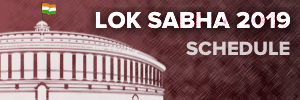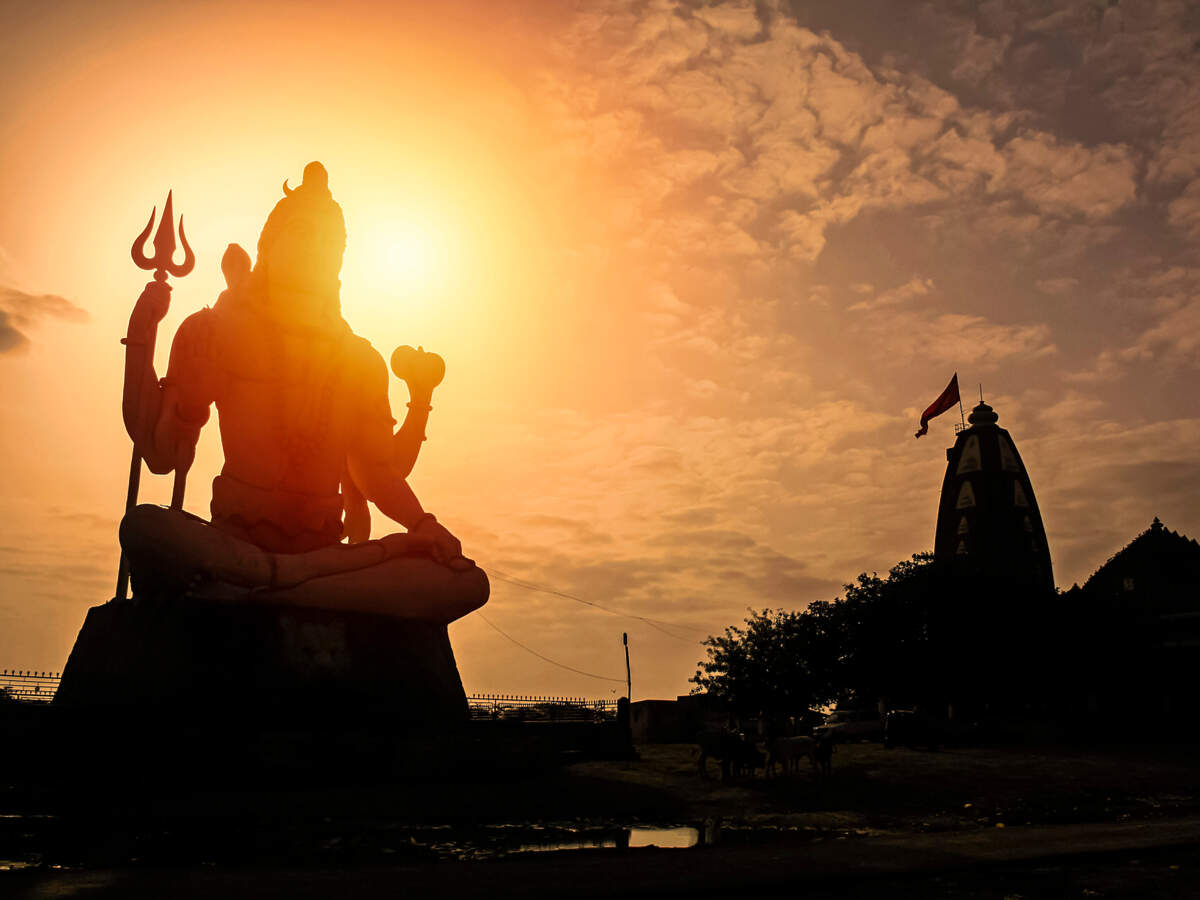
Highlights
NEW DELHI: In a massive diplomatic victory for India, the al-Qaida Sanctions Committee of the UN designated Masood Azhar of the Jaish-e-Mohammed as a global terrorist, after China lifted its “hold” on the proposal in New York today.
In a tweet, India’s permanent representative to the UN, Syed Akbaruddin said, “Big, small, all join together. Masood Azhar designated as a terrorist in @UN Sanctions list. Grateful to all for their support.”
This has been a decade-long battle for India — the first time India moved the UNSC was in 2009, when it was blocked by China. China has since blocked it in 2016, when India proposed, in 2017 when it was proposed by the US, UK and France and again in 2019 after the Pulwama attack. Azhar will be subject to assets freeze, travel ban and arms embargo.
The UN statement gives the reason for listing of Masood Azhar “for “participating in the financing, planning, facilitating, preparing, or perpetrating of acts or activities by, in conjunction with, under the name of, on behalf of, or in support of”, “supplying, selling or transferring arms and related material to”, “recruiting for”, “otherwise supporting acts or activities of”, and “other acts or activities indicating association with” Jaish-i-Mohammed.” JeM was listed on October 17, 2001.
Welcoming the designation, MEA spokesperson said, it was a “step in the right direction.” “This is in accordance with the information India has shared with the members of the Sanctions Committee regarding terrorist activities of Masood Azhar and the Jaish-e-Mohammad.”
Significantly, the reason does not mention Pulwama attack, which was the trigger for the current proposal. This was a concession to China to save face and make it easier for Beijing to lift the hold on Azhar’s listing. Officials who negotiated said China had blocked it in 2016 and 2017, even before Pulwama!
The decision is the outcome of hectic negotiations between France, UK, US and China for the past month, with officials meeting in Beijing and New York to hammer out an agreement. The 1267 Sanctions Committee works by consensus so it was important to bring China on board. India is not a member of the UNSC, therefore not in the Committee either.
For India, the listing itself was important. JeM had openly claimed responsibility for the Pulwama attack. It took the UNSC a whole week to issue a statement condemning the attack — that statement was the first time in UN history that mentioned Kashmir as the theatre of terrorism. For Pakistan, that was tantamount to compromising the “integrity of the uprising”, and this was what China sought to protect with today’s listing. During the negotiations to get to the listing, it became the one thing China insisted on — for the others, it was more important for Azhar to be banned than for the statement to be stuck on Pulwama. Diploamtic sources said, since JeM had claimed responsibility for Pulwama and it was mentioned in the UNSC statement, they felt this was a concession they could make. “Everybody had to come out with something,” said diplomats directly involved with the negotiations.
The first statement welcoming the UN designation came from France, which is the current president of the UN Security Council, and has been at the forefront of the effort. In a statement, the French foreign ministry said, “France welcomes the designation today, by the UNSC 1267 Sanctions Committee, of Mr Masood Azhar on the UN’s ISIL (Da’esh) and Al-Qaida Sanctions List. For many years now, French diplomacy has been relentlessly pleading for sanctioning Mr Azhar, head of the terrorist group responsible, notably, for the Pulwama attack last February. In application of its Monetary and Financial Code, France had adopted national sanctions against Masood Azhar on 15th March.”
The Chinese foreign ministry said it had lifted the “hold” — “After careful study of the revised materials and taking into consideration the opinions of relevant parties concerned, China does not have objection to the listing proposal," the foreign ministry spokesperson said.
Why did China turn around after a decade of blocking global action on Masood Azhar? First, after Pulwama, but more specifically, after Balakot, the US, UK and France took up this issue with renewed interest. The Chinese “technical hold” on March 14 prompted the P-3 (US, UK, France) to declare that they could move a resolution in the full UN Security Council and force China to exercise its veto to save a terrorist. It would have been a huge blow for China’s image as an aspiring superpower.
Since 2016, when China blocked it, Beijing has tried to use this to push India to open talks with Pakistan. India had refused. After the current listing, and in the face of extraordinary international pressure, China asked India to “de-escalate” on the border — these were the days of heavy exchange of fire post Balakot on the LOC. India refused. After Balakot, the consensus in the global community was that India had reached the end of its tether and was open to making a military response to terror attacks, risking instability. That was a big trigger to get China to lift its hold.
On a larger canvas, China is getting nervous about its all-weather ally. Pakistan’s parlous economy and security condition, the possibility of it being blacklisted by the FATF all weigh heavy on Beijing. Later this year, China is expected to head the FATF.
In Video:Masood Azhar designated as global terrorist by UNSC
In a tweet, India’s permanent representative to the UN, Syed Akbaruddin said, “Big, small, all join together. Masood Azhar designated as a terrorist in @UN Sanctions list. Grateful to all for their support.”
Big,small, all join together. Masood Azhar designated as a terrorist in @UN Sanctions list Grateful to all for th… https://t.co/rfAL5enZlv
— Syed Akbaruddin (@AkbaruddinIndia) 1556715796000This has been a decade-long battle for India — the first time India moved the UNSC was in 2009, when it was blocked by China. China has since blocked it in 2016, when India proposed, in 2017 when it was proposed by the US, UK and France and again in 2019 after the Pulwama attack. Azhar will be subject to assets freeze, travel ban and arms embargo.
The UN statement gives the reason for listing of Masood Azhar “for “participating in the financing, planning, facilitating, preparing, or perpetrating of acts or activities by, in conjunction with, under the name of, on behalf of, or in support of”, “supplying, selling or transferring arms and related material to”, “recruiting for”, “otherwise supporting acts or activities of”, and “other acts or activities indicating association with” Jaish-i-Mohammed.” JeM was listed on October 17, 2001.
Welcoming the designation, MEA spokesperson said, it was a “step in the right direction.” “This is in accordance with the information India has shared with the members of the Sanctions Committee regarding terrorist activities of Masood Azhar and the Jaish-e-Mohammad.”
Significantly, the reason does not mention Pulwama attack, which was the trigger for the current proposal. This was a concession to China to save face and make it easier for Beijing to lift the hold on Azhar’s listing. Officials who negotiated said China had blocked it in 2016 and 2017, even before Pulwama!
The decision is the outcome of hectic negotiations between France, UK, US and China for the past month, with officials meeting in Beijing and New York to hammer out an agreement. The 1267 Sanctions Committee works by consensus so it was important to bring China on board. India is not a member of the UNSC, therefore not in the Committee either.
For India, the listing itself was important. JeM had openly claimed responsibility for the Pulwama attack. It took the UNSC a whole week to issue a statement condemning the attack — that statement was the first time in UN history that mentioned Kashmir as the theatre of terrorism. For Pakistan, that was tantamount to compromising the “integrity of the uprising”, and this was what China sought to protect with today’s listing. During the negotiations to get to the listing, it became the one thing China insisted on — for the others, it was more important for Azhar to be banned than for the statement to be stuck on Pulwama. Diploamtic sources said, since JeM had claimed responsibility for Pulwama and it was mentioned in the UNSC statement, they felt this was a concession they could make. “Everybody had to come out with something,” said diplomats directly involved with the negotiations.
The first statement welcoming the UN designation came from France, which is the current president of the UN Security Council, and has been at the forefront of the effort. In a statement, the French foreign ministry said, “France welcomes the designation today, by the UNSC 1267 Sanctions Committee, of Mr Masood Azhar on the UN’s ISIL (Da’esh) and Al-Qaida Sanctions List. For many years now, French diplomacy has been relentlessly pleading for sanctioning Mr Azhar, head of the terrorist group responsible, notably, for the Pulwama attack last February. In application of its Monetary and Financial Code, France had adopted national sanctions against Masood Azhar on 15th March.”
The Chinese foreign ministry said it had lifted the “hold” — “After careful study of the revised materials and taking into consideration the opinions of relevant parties concerned, China does not have objection to the listing proposal," the foreign ministry spokesperson said.
Why did China turn around after a decade of blocking global action on Masood Azhar? First, after Pulwama, but more specifically, after Balakot, the US, UK and France took up this issue with renewed interest. The Chinese “technical hold” on March 14 prompted the P-3 (US, UK, France) to declare that they could move a resolution in the full UN Security Council and force China to exercise its veto to save a terrorist. It would have been a huge blow for China’s image as an aspiring superpower.
Since 2016, when China blocked it, Beijing has tried to use this to push India to open talks with Pakistan. India had refused. After the current listing, and in the face of extraordinary international pressure, China asked India to “de-escalate” on the border — these were the days of heavy exchange of fire post Balakot on the LOC. India refused. After Balakot, the consensus in the global community was that India had reached the end of its tether and was open to making a military response to terror attacks, risking instability. That was a big trigger to get China to lift its hold.
On a larger canvas, China is getting nervous about its all-weather ally. Pakistan’s parlous economy and security condition, the possibility of it being blacklisted by the FATF all weigh heavy on Beijing. Later this year, China is expected to head the FATF.
In Video:Masood Azhar designated as global terrorist by UNSC
Download The Times of India News App for Latest India News.
#ElectionsWithTimes
more from times of india news
Elections 2019

Trending Topics
LATEST VIDEOS
More from TOI
Navbharat Times
Featured Today in Travel
Quick Links
Rajasthan election 2019Andhra Lok Sabha electionGujarat Election 2019Karnataka Election 2019MP Lok Sabha electionMaharashtra election 2019West Bengal Lok SabhaTamil Nadu election 2019UP Election 2019Bihar election 2019UP Election DateAndhra Election DateBihar Election DateAndhra Assembly ElectionLok SabhaMP Election DateMaharashtra Election DateShiv SenaYSRCPTDPWB Election DateJDUCongressBJP newsGujarat Election DateSC ST ActUIDAIIndian ArmyISRO newsSupreme CourtRajasthan Election DateTelangana Election DateTamilrockers 2018Uttarakhand newsSikkim newsOrrisa newsKarnataka Election DateNagaland newsSatta KingManipur newsMeghalaya news
Get the app









